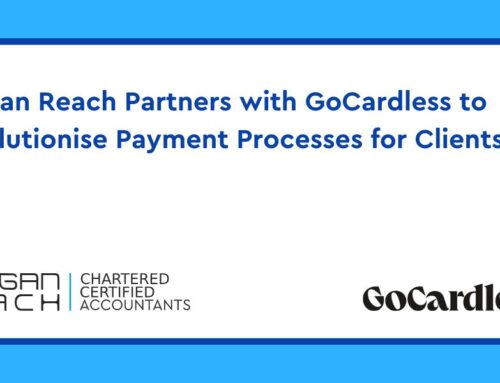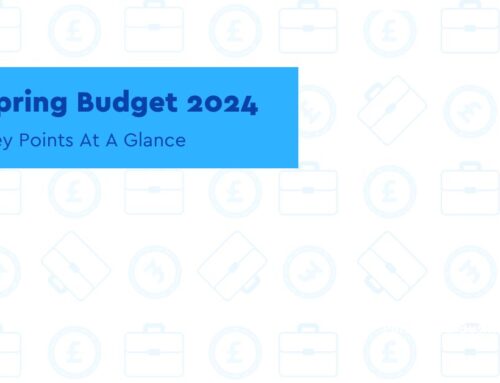Self-Employed Income Support Scheme: Second grant deadline – October 19
The 2nd taxable grant is worth 70% of average monthly trading profits, paid out in a single instalment covering 3 months’ worth of profits, and capped at £6,570 in total. You need to have been adversely affected by coronavirus on or after July 14, 2020 to claim it.
So far more than two million people have applied, but HMRC estimates that a further 1.4 million are eligible and could risk missing out.
Extension – 3rd and 4th grant
The four grants in total are more or less identical – the only differences are when they’re available and how much you can get.
The next grant of the extended scheme will cover the period November 1, 2020 to January 31, 2021. The grant will be based upon 20% of average monthly trading profits for the 3 month period and will be capped at £1,875.
The final grant will cover the period February 1 to April 30, 2021. Details are yet to be released as to how this will be calculated.
The eligibility criteria for SEISS is currently the same for all grants so far, however, we’ll have to await further guidance regarding the fourth nearer the time.
You can apply via the Government’s online portal and will need to ensure you have your Self-assessment unique taxpayer reference (UTR), NI number, Government Gateway user ID and password and UK bank details (only provide bank account details where a Bacs payment can be accepted).
Local lockdown grants
Small businesses in England which have been forced to close due to local lockdowns are eligible for grants worth up to £1,000 every three weeks. If a business occupies a premises with a rateable value of exactly £51,000 or above or occupies a property or part of a property subject to an annual rent or mortgage payment of exactly £51,000 or above, it will receive £1,500.
To qualify for the grant, a business must have been required to close due to local Covid-19 restrictions.
VAT deferral
If your business is VAT registered and you deferred March to June 2020’s VAT payment, you will now have the option to spread your payment over the 2021/22 financial year.
Help for limited company directors
Limited company directors, even if they’re the only employee, will have been able to furlough the PAYE element of their income from when the CJRS started, i.e, get 80% of their salary up to £2,500/month during the first phase and so on. However, the last day you could have started furlough for the first time was June 10 in order to qualify for the recent period. Limited company directors who do PAYE on an annual or monthly basis are eligible, however, you will need to have made a Real Time Information (RTI) submission (ie, you’re on the payroll) on or before March 19, 2020.
If you did furlough yourself, you can’t then work for the firm, but you can continue to perform your statutory obligations as directors, eg, official legal filings.
Those struggling for income can also apply for universal credit, whether furloughed or not. There are levels of criteria in the application for not having more than £16,000 of savings.
Limited company directors can also use the Government’s small business Bounce Back Loan Scheme if they are a sole director and applying on behalf of their business. All applications must be made by the business and the loan must be used wholly for business purposes.
Businesses have been able to apply for 100% state-backed bounce back loans, worth up to £50,000 and interest-free and payment-free in the first year, since May. The application deadline for these loans was recently extended to the end of November.







